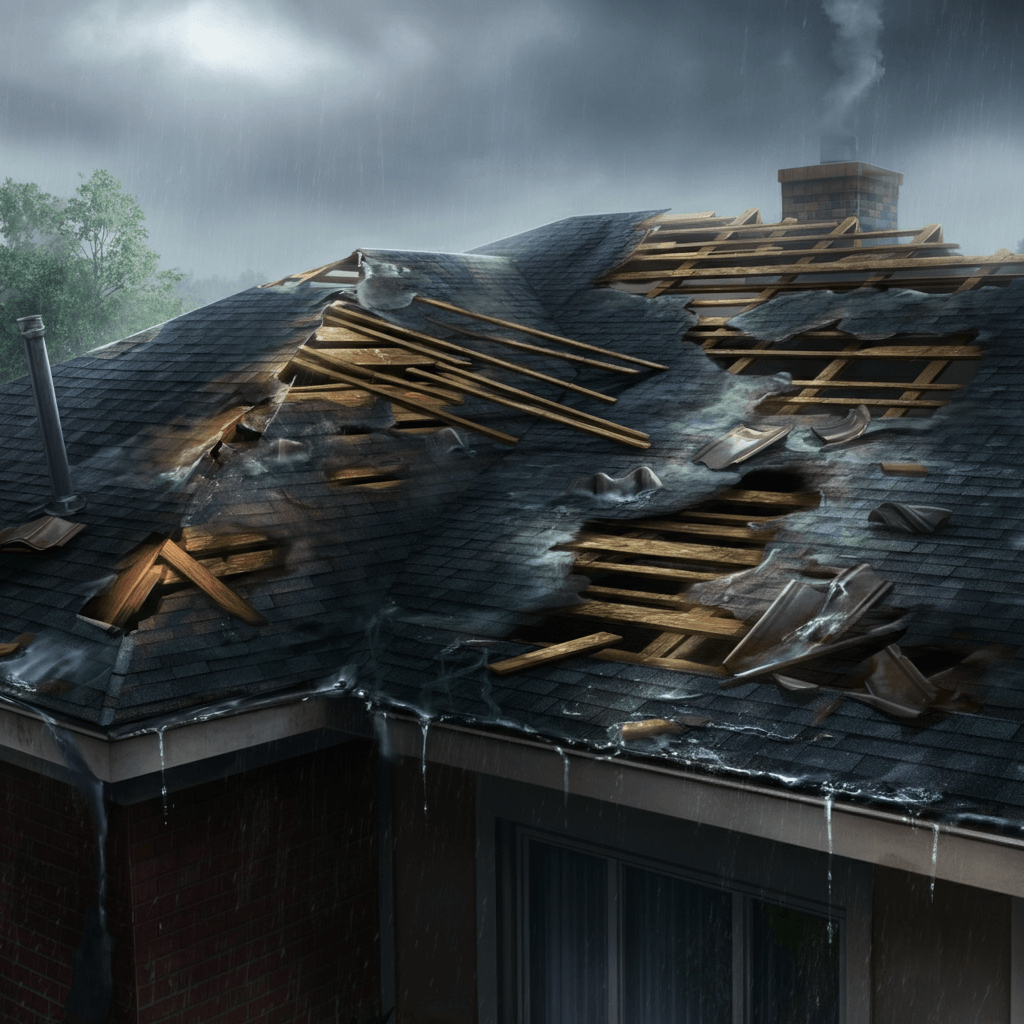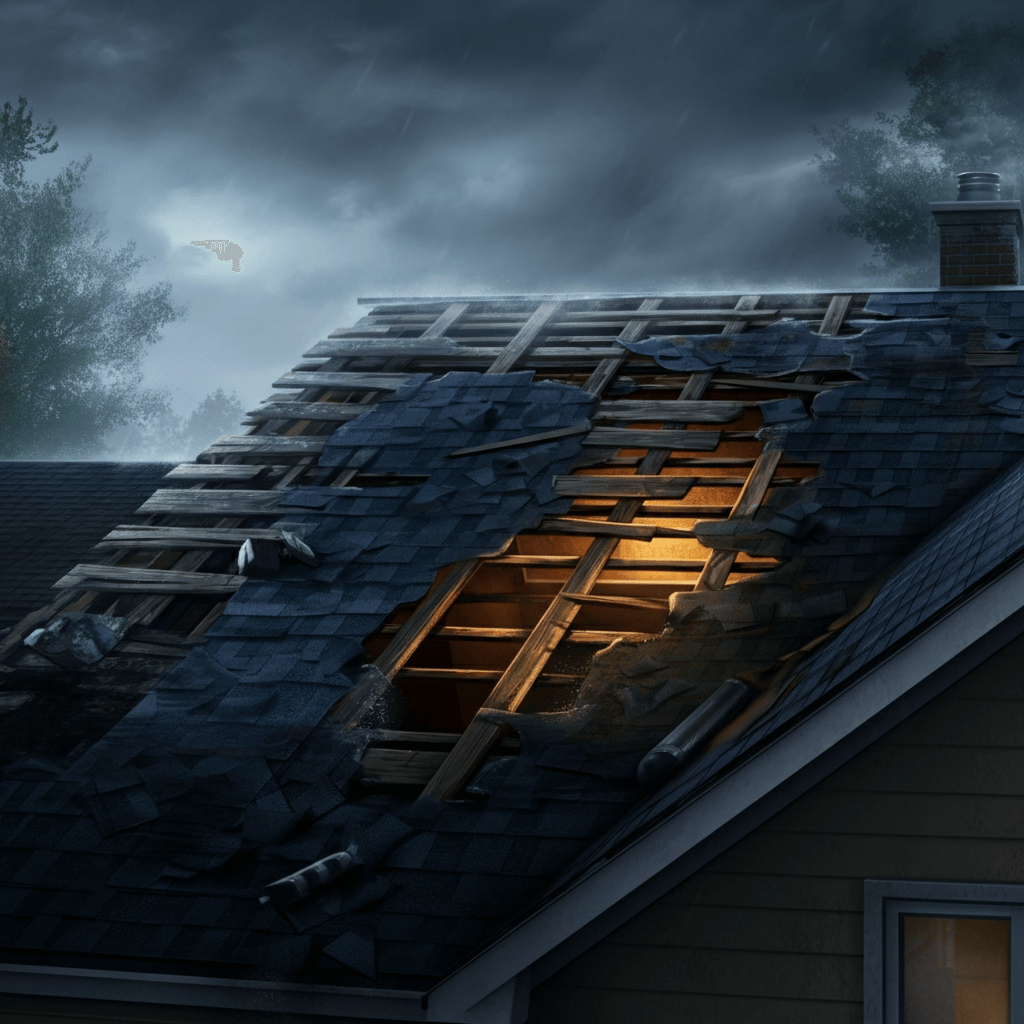When severe weather strikes your home, understanding how to navigate the insurance claims process becomes crucial for protecting your investment. This comprehensive guide walks you through each critical step, helping you maximize your settlement and restore your property faster.
Table of Contents

Understanding Your Insurance Coverage
Before diving into the claims process, examine what your homeowner’s insurance typically covers during storm events. Most standard policies cover:
Storm-related damages from windstorms, hurricanes, and lightning strikes often fall under basic coverage. However, many policies exclude flood damage, requiring separate flood insurance. Additionally, some policies have storm-specific deductibles, particularly in high-risk areas.
Critical First Steps After Storm Damage
Time is crucial when dealing with storm damage. Taking immediate action strengthens your claim and prevents further damage to your property. Here’s what you need to do:
Document Everything Immediately
The first step is capturing comprehensive photo and video evidence before touching anything. Focus on wide-angle shots showing the full scope of damage, along with detailed close-ups of specific damage points.
Prevent Further Damage
Your insurance policy requires taking reasonable steps to prevent additional damage. This includes emergency repairs like:
- Covering broken windows or roof holes with tarps
- Removing fallen trees from structures
- Drying out water-damaged areas
- Boarding up exposed areas
Filing Your Claim: Step-by-Step Process
1. Contact Your Insurance Company
Call your insurer’s claims department immediately. During this initial contact:
- Get your claim number
- Understand your deductible
- Learn about emergency repair coverage
- Schedule an professional adjuster visit
2. Create a Detailed Inventory
Develop a comprehensive list of damaged items, including:
- Photos of damaged personal property
- Model numbers and purchase dates
- Original receipts when possible
- Damaged item documentation
3. Meet with Insurance Adjuster
Prepare for the adjuster’s visit by organizing all documentation and getting professional assessments from:
- Licensed contractors
- Structural engineers
- Specialized assessors
Maximizing Your Claim Settlement
Understanding your rights helps secure fair compensation. Review your policy’s:
- Coverage caps
- Replacement cost vs. actual cash value terms
- Special provisions for storm damage
- Additional living expense coverage
Working with Public Adjusters
Consider hiring a public adjuster if:
- Damage exceeds $10,000
- The insurance company’s offer seems low
- You lack time to handle the claim
- Complex damage requires expertise
Future Protection Strategies
After experiencing storm damage, consider:
- Updating your coverage levels
- Installing storm-resistant features
- Creating a home inventory
- Developing an emergency response plan
Conclusion
Successfully filing a storm damage insurance claim requires attention to detail, thorough documentation, and persistence. Following these steps helps ensure fair compensation for your losses. Remember to act quickly, document extensively, and understand your rights throughout the process.
Remember, if you need immediate assistance with emergency roof repairs, don’t wait – contact a professional immediately to prevent further damage to your property.






